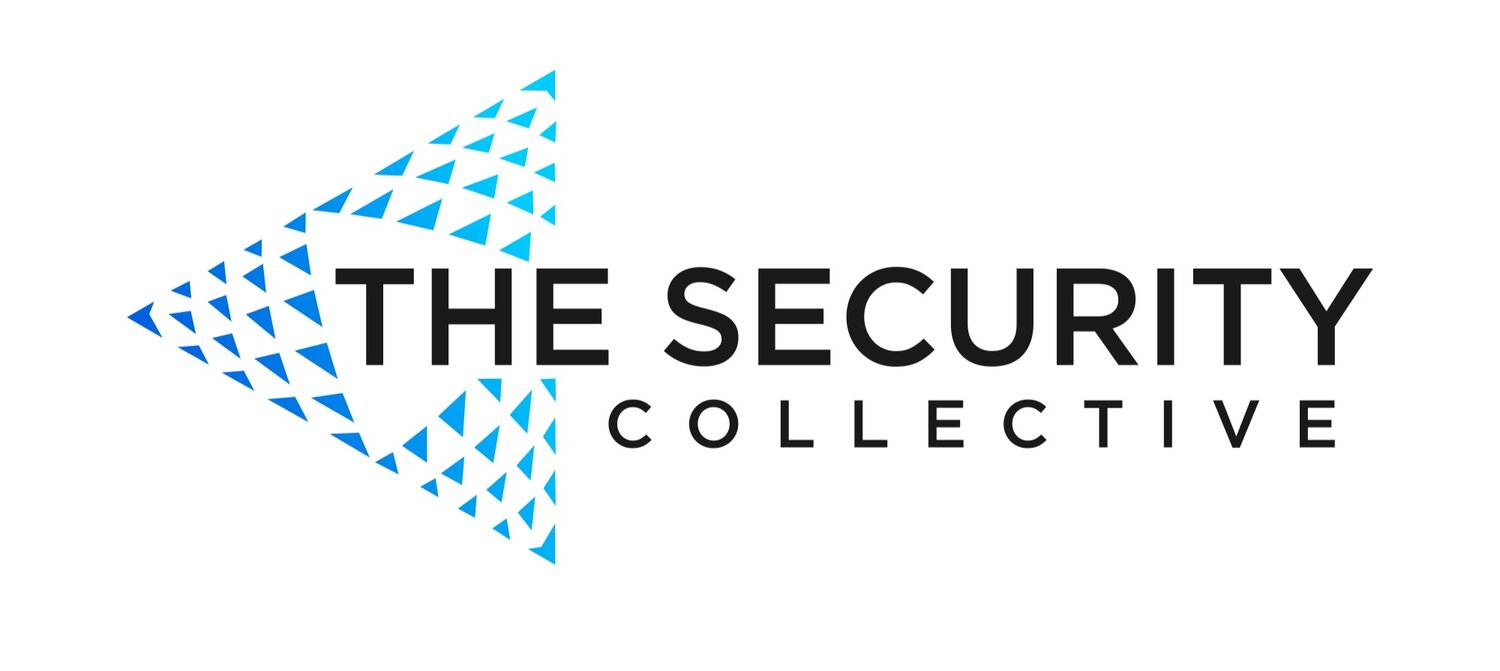Top 3 reasons to keep your coach
Many people sign up to coaching programs or are provided with a sponsored coach by their organisation for a set period of sessions or to achieve an outcome. Having a coach is an effective way to take your career or life to the next level, solve problems and take ownership of challenges to overcome them. (I wrote more about coaching here).
Unlike in sport, often once an executive coaching program is deemed complete, the relationship ends. There might be a call here or email there to follow up or touch base but more often than not, the coach and the counterpart part ways.
If you need some encouragement to re-engage your coach, here are 3 great reasons to feed and water your coaching relationship and keep it alive.
1. Successful people have coaches.
This is how great operators become great operators (or leaders, or sportsmen or specialists or problem solvers). You would struggle to find anyone who achieves extraordinary results without a coach. Even just sharing your goals and progress with a coach can motivate you to achieve them, reach new highs and set the bar even higher. Working with a coach can help you to stop-starting-and-start-finishing tasks that bring you closer to your goal.
2. Coaches keep you accountable.
When I was writing my book, the editor told me to tell everyone I knew that I was writing it. When you’re trying to lose weight or run a marathon…the deal is the same. If someone is holding you accountable, they become the angel on your shoulder every time it looks like you might be drifting from your goal. Knowing that someone is waiting for your update or has a meeting scheduled with you to hear your progress could be what you need to get more done, positively impacting your productivity. Furthermore, if you are paying them to help you excel (or your boss is paying them to help you excel), chances are you are more likely to deliver against your objectives (even if you have to pull an all-nighter before your scheduled session). Change occurs when you’re accountable.
3. Coaches help you believe you can achieve your goals.
Once a coaching program ends, while the counterpart may continue to implement the options they committed to in their previous sessions, their ability to focus on what’s next reduces and over time they may find their achievements peter out. Coaches help counterparts to set a big picture goal, believe its achievable, chunk it down into actionable tasks and ask relevant questions that help the counterpart to own the options they are executing. If a coach is ‘holding a mirror up’ for you to see your true potential, once they step away, momentum to hold the mirror yourself can be lost for all the reasons mentioned above.
There are however two caveats I encourage you to consider when re-engaging a coach –
1. Sometimes you have to shop around for a coach – not all coaches are right for you so if you didn’t click with them or your relationship naturally died over the time you worked together, don’t flog a dead horse. But do find a new coach.
2. A good coach will help you to understand if they can no longer support you. While coaches don’t have to be experts in your field, if your goal or your challenges evolve to a point where you need a different professional to support you, referring you on will be a better outcome than continuing.
So, if you’re achieving extraordinary results with your coach but your allocated sessions are coming to a close, think carefully about re-engaging your coach for another round. If you think you no longer need a coach, could it be that you really need one more than ever?

